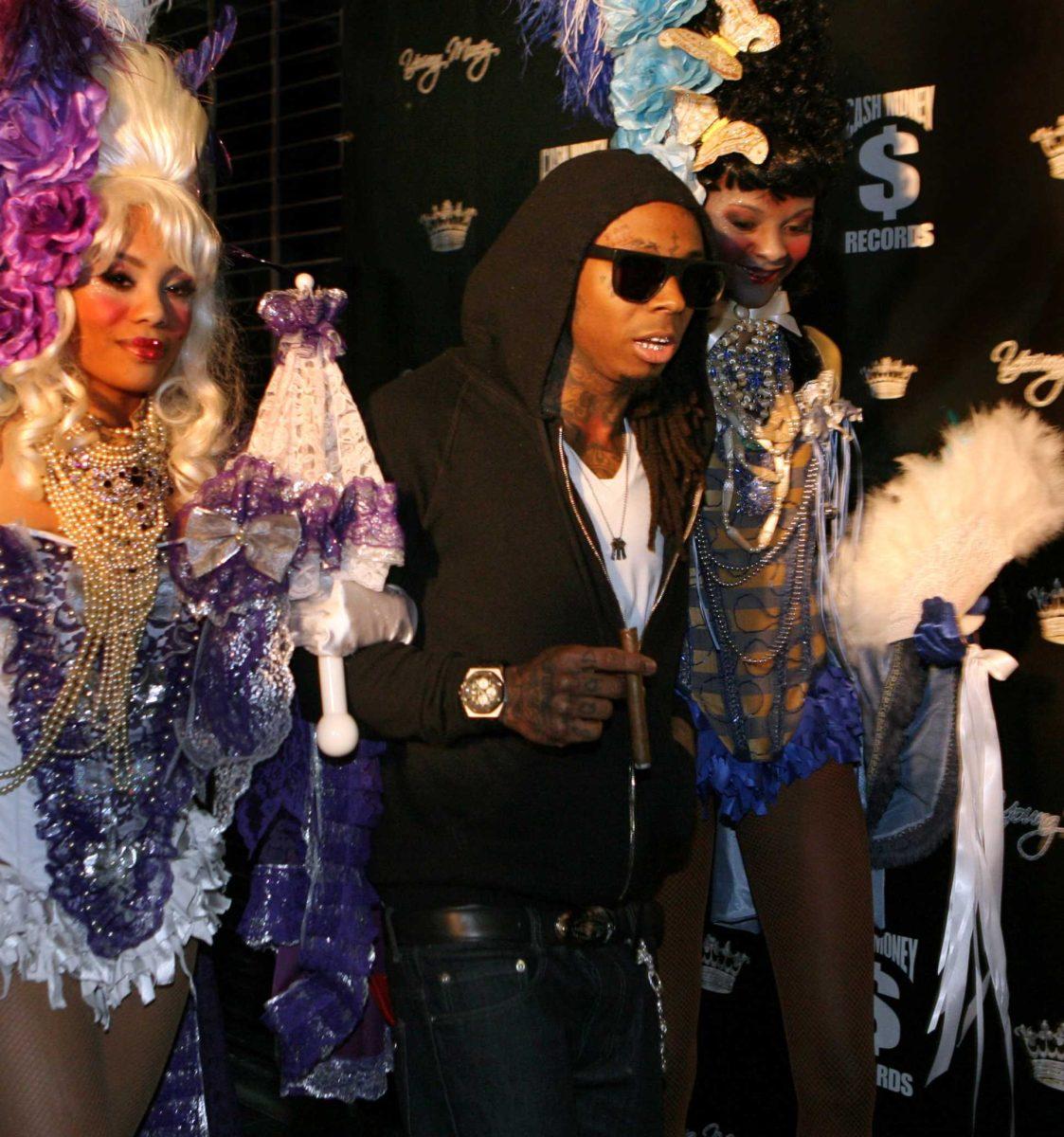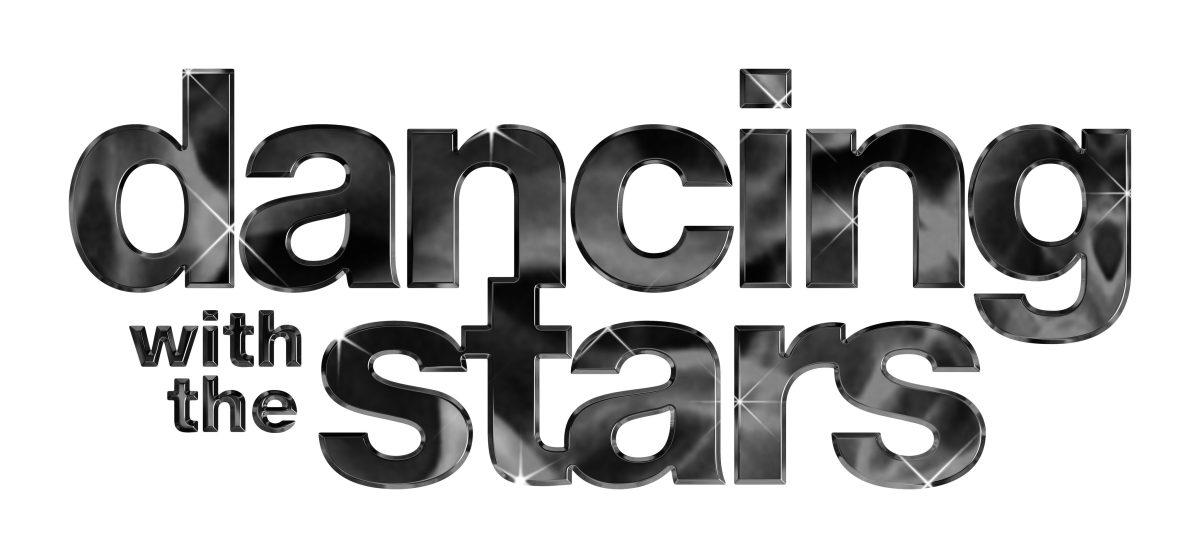Last week’s barrage of Facebook posts, Twitter tags and cheers of joy surely revealed the biggest news of the year.
No, not the midterm election — Lil Wayne’s release from prison.
After serving eight months on a gun possession charge in Rikers prison in New York, the New Orleans-born emcee was yet again unleashed upon the world and the music charts last Thursday, and he promptly made the rounds across the country.
First, Wayne had to take care of his probation terms from a 2008 drug charge in Arizona, which will supposedly prevent him from drinking alcohol or being in possession of drugs for three years — as if drugs were legal anyway.
With his legal issues resolved for the moment, Weezy set about partying, showing up for a surprise performance with labelmate and heir apparent Drake in Las Vegas before ultimately being banned from the Wynn Hotel for “preventive reasons,” according to management at the Wynn.
Then, his label, Young Money, threw Wayne a lavish homecoming party in Miami on Sunday night, complete with a red carpet and visits to numerous strip clubs.
Finally, the latest news to emerge from Wayne’s weeklong victory lap is that he’s back in the studio recording new music and reportedly even writing down his lyrics now despite his reputation for memorizing rhymes in his head.
While Wayne’s release from prison is a major story, considering Weezy is the most popular rapper in recent history, the social and cultural ramifications of Wayne’s career and criminal history are far-reaching.
Let’s start with the music.
The world has not exactly been hurting for new Wayne music, considering an album he recorded before his prison stay, “I Am Not a Human Being,” was released in September and quickly hit No. 1 on the Billboard charts.
Add that to his guest appearances on hit singles by Kevin Rudolf, Drake and Nicki Minaj in the past nine months, and it becomes clear that Wayne was never really gone.
Also, Minaj and Drake — Wayne’s proteges and Young Money labelmates — both blew up while he was in prison.
Drake’s debut album “Thank Me Later” hit the top of the charts in June, with many anointing him as the “best rapper alive.”
Minaj, on the strength of her numerous guest appearances on other artists’ chart-topping hits and her strange Gaga-esque persona, has become one of hip-hop’s biggest stars.
While their success would seem to raise the question of Wayne’s actual importance to hip-hop, the relative quality of his prolific output and the fact he remains the only recent chart-topping rapper without a gimmick, side career or distracting persona cements Wayne’s impact on the pop charts and hip-hop.
Weezy is famous almost exclusively for his music — his clever wordplay, strange rhyming patterns, unique ear for hooks and even that laugh he does in most of his songs.
Because Wayne is all about the music, the best thing he could actually do now that he’s out is release the true follow-up to 2008’s classic album “Tha Carter III.” Then his release from prison will actually mean something.
As far as social ramifications, Wayne’s gun and drug charges only further reinforce hip-hop’s thug reputation, even as the genre and its artists fuse more with Top 40 radio and the pop charts.
While Wayne is not the only criminal celebrity — far from it, of course — it still seems a bit strange and even absurd for any criminal, let alone possibly America’s most famous musician, to be celebrated for getting out of a federal prison, where he served time for possessing a dangerous weapon.
It’s doubtful people would welcome back a common criminal with such open arms, but Weezy’s cultural impact has drowned out any social hangups people might have.
—-
Contact Chris Abshire at [email protected]
My Opinion: Lil Wayne’s prison release raises musical, social questions
November 10, 2010
Lil Wayne arrives at a welcome home party for him Sunday in Miami. The rapper was recently released from a New York City jail where he was imprisoned for a gun charge.







